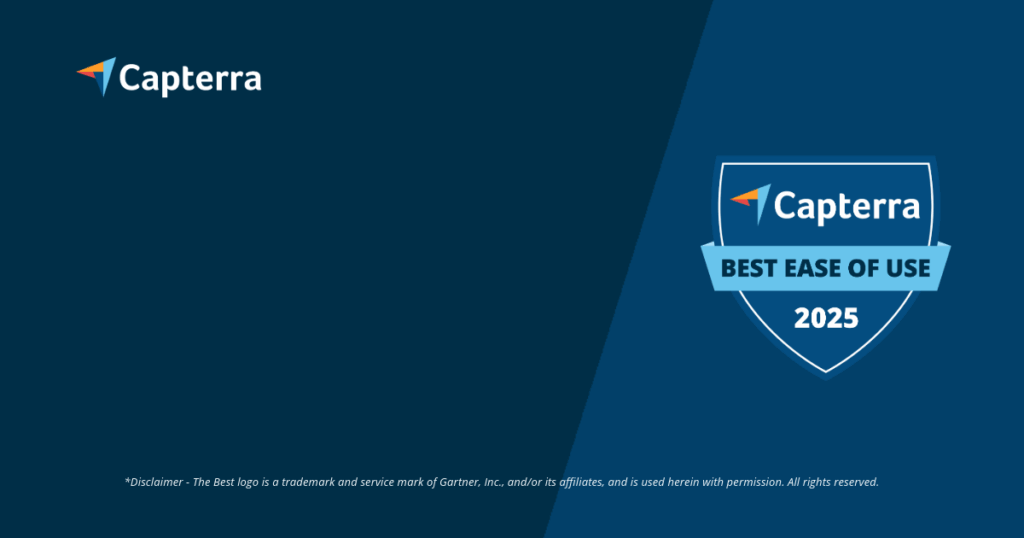The digitalization of construction has reached the industry and is changing the way projects are planned, executed, and managed. This technological revolution has a profound impact on the entire construction economy. From planning to completion, digitalization in construction opens up new opportunities to increase efficiency, reduce costs, and improve quality. Construction companies face the challenge of adapting to these new developments and fully exploiting their potential.
In this article, we take a look at the digitalization of construction and its impact on the industry. We explore how the digital transformation in construction is changing the industry and what steps are necessary to successfully implement digital solutions. Additionally, we highlight the important aspects of data security and privacy in digital construction. The aim is to provide a comprehensive overview of the challenges and opportunities presented by digitalization in construction.
The digital transformation in the construction industry
Digitalization in construction is undergoing a profound change. This process has a significant influence on the way projects are planned, executed, and managed. The integration of digital technologies in construction digitalization opens new avenues to increase efficiency, reduce costs, and improve quality.
Drivers of digitalization
A key driver of digitalization in construction is the desire for optimized project management. Companies like Valoon provide innovative solutions that connect on-site workers and office staff. These technologies enable seamless communication and data collection directly through messaging services, without the need for extensive training.
Current trends
Current trends in construction digitalization include the automation of processes. The creation of construction reports, delay notifications, and other important documents is simplified using digital tools. Another trend is GDPR-compliant communication, which prioritizes data protection.
The use of cloud-based platforms for managing project documents is growing in importance. These systems allow teams to always work with the most up-to-date plans and documents while precisely controlling access rights.
Future predictions
The future of construction digitalization points to an increased integration of technologies. It is expected that the acceptance of digital solutions will continue to rise, as they can be deployed without extensive training and significantly simplify workflows.
The real-time translation of information between the construction site and office in up to 10 languages indicates an increasing internationalization and improved collaboration in multinational projects. This development has the potential to fundamentally transform efficiency and communication in construction digitalization.
Implementation of digital solutions
The successful introduction of digital solutions in the construction industry requires a structured approach. To effectively manage the digital transformation, companies must consider various aspects.
Planning and strategy
Careful planning is key to the successful implementation of digital solutions in construction digitalization. Companies should first define their goals and develop a clear strategy. This includes selecting suitable technologies that meet the specific requirements of the company.
An example of an effective digital solution is Valoon, which automates the creation of construction reports, delay notifications, and other important documents. Such tools have the potential to significantly simplify workflows and increase efficiency.
Training and further education
The implementation of new technologies within construction digitalization often requires extensive training. Interestingly, modern solutions like Valoon have the advantage of being usable without extensive training. This allows for quick adoption and high acceptance among employees.
However, it is important for companies to provide continuous training opportunities to ensure that all employees can optimally utilize the new tools. This can be achieved through regular workshops or online training.
Change management
The transition to digital solutions often represents a significant change in how work is done. Effective change management is therefore essential. This includes:
- Clear communication of the benefits of new technologies
- Involving employees in the implementation process
- Gradual introduction of new tools to avoid overwhelming users
An example of user-friendly change management is the ability to set up projects with just a few clicks and offer easy project registration through QR codes or links. This eases the transition and promotes acceptance among employees.
The successful implementation of digital solutions in the construction industry requires careful planning, appropriate training, and effective change management. By considering these aspects, companies can successfully navigate the digital transformation and reap its benefits.
Data security and privacy in digital construction
Digitalization in construction has increased the importance of data security and privacy. With the growing use of digital tools and platforms, it is crucial for companies to ensure the security of their data and compliance with privacy regulations.
Legal requirements
GDPR-compliant communication is central to the legal requirements for construction companies. It is important that all digital solutions and communication channels comply with data protection regulations. This significantly influences how project documents are shared and managed.
Technical measures
To ensure data protection within construction digitalization, technical measures must be implemented. This includes the ability to control who can see which documents. Platforms like Valoon offer features that allow precise control of access rights, thus protecting sensitive information.
The use of cloud-based systems for managing project documents is another technical measure. These systems ensure that teams always work with the most up-to-date plans and documents while maintaining data protection.
Best Practices
Best practices in data security and privacy include:
- Regular updates of documents and plans
- Implementation of access controls for all projects and participants
- Training employees on data protection policies
- Use of GDPR-compliant communication tools
Simplifying workflows while securing information is a key element for optimized project management. Tools like Valoon allow for effortless and straightforward sharing of project documents with all stakeholders without neglecting data protection.
By adhering to these practices, construction companies can optimize their digital processes while ensuring the security and protection of sensitive data. This builds trust with clients and partners and ensures that the company operates in accordance with applicable data protection regulations.
Conclusion
Digitalization in construction brings profound changes to the industry and has a significant impact on how projects are planned and executed. The use of modern technologies within construction digitalization opens new possibilities for enhancing productivity, reducing costs, and improving quality. To leverage these opportunities, it is crucial for companies to develop a clear strategy, involve their employees, and ensure data protection.
The successful implementation of digital solutions in the context of construction digitalization requires a holistic approach that considers technical, organizational, and legal aspects. By using user-friendly tools, construction companies can optimize their workflows while also ensuring the security of sensitive data. To fully exploit the benefits, it is advisable to engage with experts in this field. Contact Valoon now and book a demo..






